
Centering Equity
BROKEN SYSTEMS

North America’s governments were founded on faulty assumptions, designed to serve only a subset of the population and to extract from natural and human resources to benefit that subset. This design has resulted in over-extraction of resources and racial inequity. As a result, people of color and indigenous populations are impacted first and worst by a rapidly changing climate. Investing in solutions that center human needs is necessary to mitigate those disproportionate impacts. These broken systems still exist today, and to solve the climate and racial inequity crises, solutions need to acknowledge and repair those systems.
CORRECTIVE ACTION

Implementation and support of Resilience Hubs are prime examples of how local governments and partners can work to counter these broken systems. Resilience Hubs provide an opportunity for local governments to shift power to residents and community-based organizations to determine their own needs, identify how to meet those needs, and build relationships that will increase their influence on future decision-making processes. Local governments can provide support.
EVERYDAY NEEDS
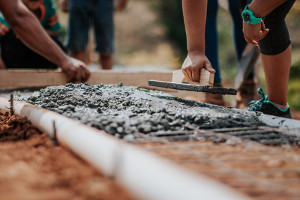
Resilient communities are equitable communities. Resilience Hubs provide an opportunity to consider communities’ social, economic and physical needs in normal/everyday mode which, in turn, enhances their ability to anticipate, accommodate and more quickly recover during disruption. Hubs are a way to solve for multiple different problems in all three resilience modes by enhancing community cohesion, building trust, shifting power, and enhancing quality of life.
Reframing and Restructuring
SWITCHING THE APPROACH
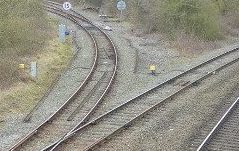
Resilience Hubs provide an opportunity to work at the intersection of racial equity, climate resilience, and GHG mitigation. For decades local governments have focused more on technological approaches and solutions rather than centering work on enhancing quality of life and respectful relationships with the surrounding environment. Hubs provide an opportunity to reframe project processes and truly put the needs of frontline communities first.
SYNERGIES + INTERSECTIONALITY
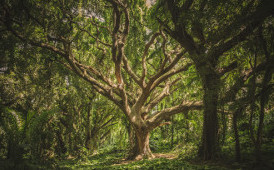
Resilience Hubs function more in the grey space between disciplines and departments. Instead of being a project of one stakeholder group or agency, they require collaboration amongst many disciplines while meeting goals and providing benefits for multiple stakeholders. Centering Hubs on community needs and benefits shifts project objectives and provides multiple opportunities to increase community adaptive capacity and enhance resilience while simultaneously lowering GHG emissions and improving human health.
PROACTIVE + ANTICIPATORY
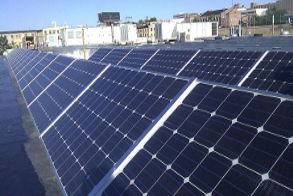
Resilience Hubs are an opportunity to be proactive and to anticipate future climate conditions while also plan to accommodate future changes in technology. Programming, services, and site retrofits should take into account future increases in volatility and variability of climate conditions while also providing opportunities to integrate future technology that may be cost prohibitive or lack political will in current conditions.
The Resilience Hub Community of Practice
Additional resources and technical support are available to USDN members and MOU-level partners.
Already a member of the USDN Resilience Hubs Community of Practice? Get involved and access the community of practices resources using your passcode here.
USDN has prepared a serious of Resilience Hub Return on Investment documents to identify why this work is so important and establish a platform to better make the case for Resilience Hub implementation. These resources, among many others, are available to members of USDN’s Community of Practice.
Members of the USDN Resilience Hub community share common principles of practice.
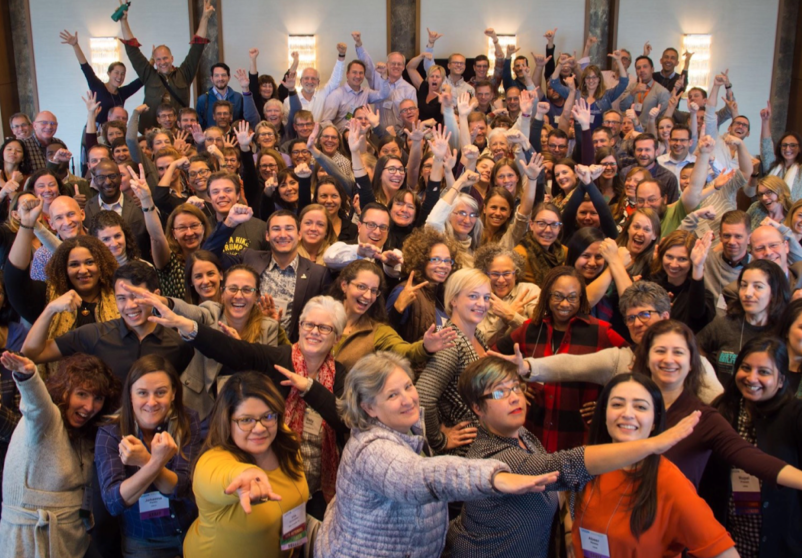
Partners commit to expanding the body of work in a manner which gives back to the community of practice.
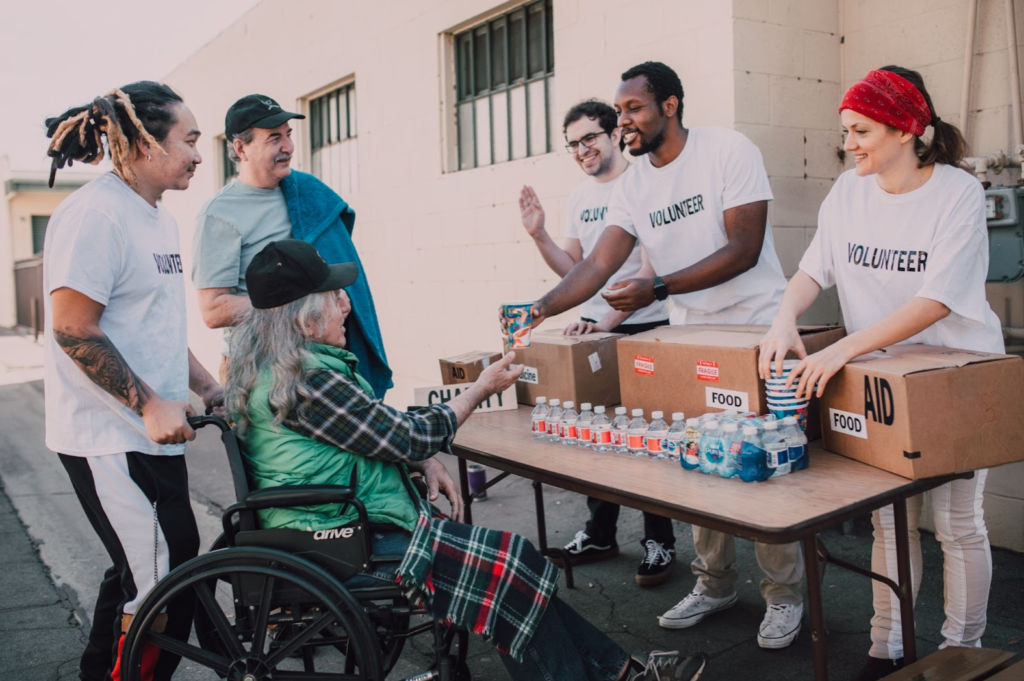
Partners share with and learn from the Resilience Hub community to more effetely grow momentum around change.
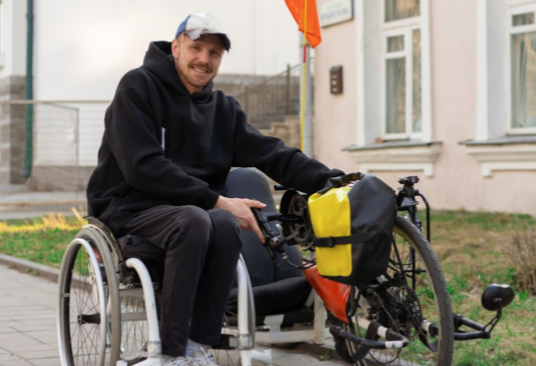
Partners are committed to reframing project processes and truly put the needs of frontline communities first.

Resilience Hub partners have the organizational capacity to with with the USDN Resilience Hub team to shift broken systems and implement innovative opportunities.
If you see yourself as compatible with the above approach and are interested to set up a conversation, click here to get involved.
All USDN Resilience Hubs materials are under Creative Commons Attribution-Non Commercial-Sharealike 4.0 license (CC BY NC SA). This means reusers can distribute, remix, adapt, and build upon the material in any medium or format for noncommercial purposes only, and only so long as attribution is given to USDN. If you remix, adapt, or build upon the material, you must license the modified material under identical terms. USDN is using this license to maintain the integrity of the work while also sharing it widely and making it possible for people to continue to build and iterate. It may not be shared commercially. You may find more information about this license here.
